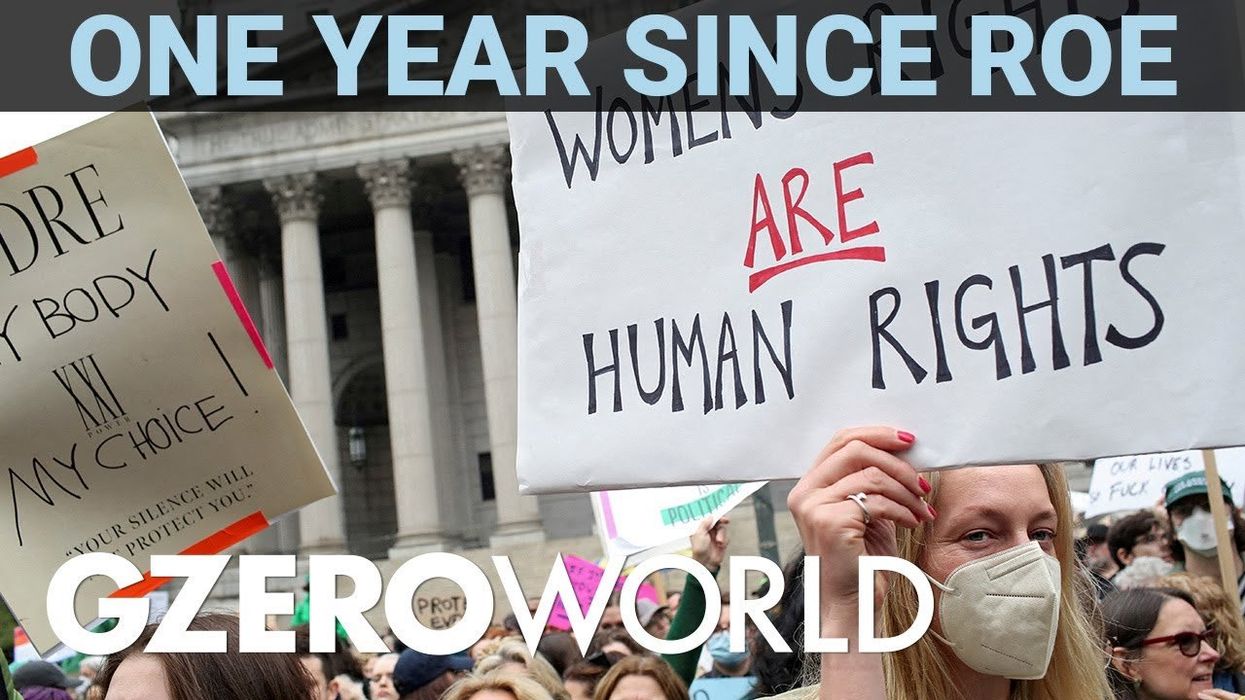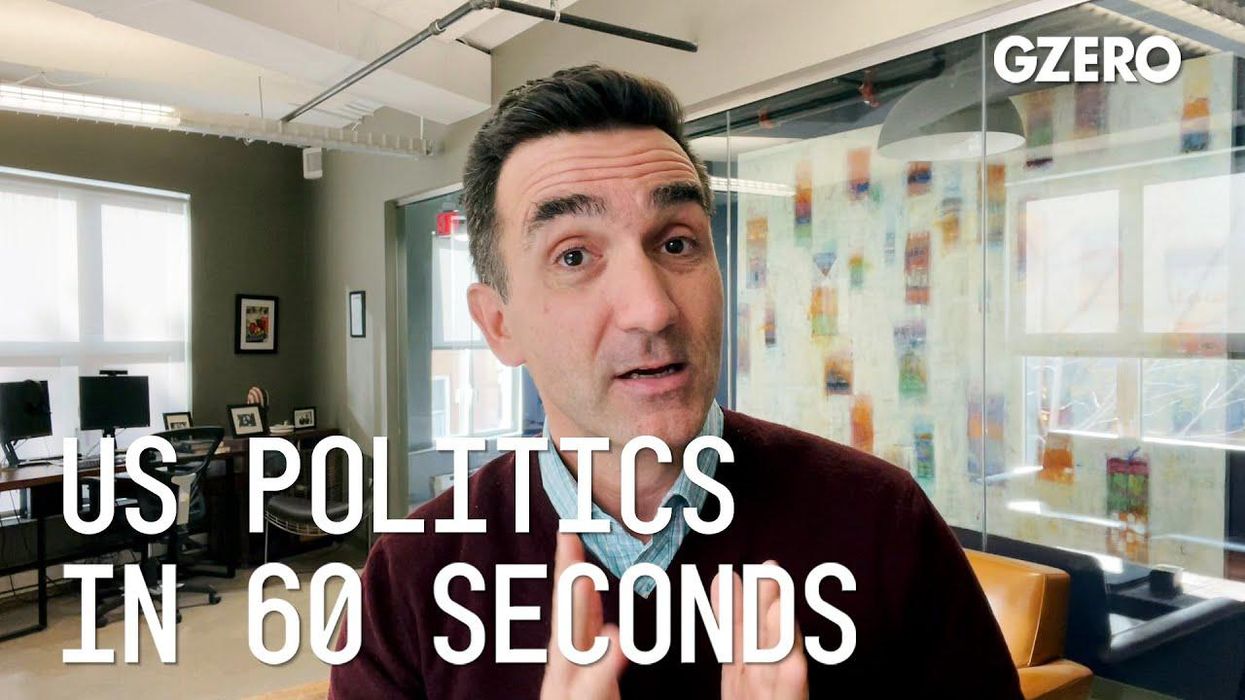GZERO World Clips
One year since Roe v. Wade reversal, biggest surprises in state law
Surprises and non-surprises surrounded the Supreme Court's landmark Dobbs ruling to overturn Roe v. Wade last year. It started with the infamous leak to POLITICO about the ruling to come and then the decision itself came down, nearly a year ago today. But according to GZERO World guest, Yale Law legal expert Emily Bazelon, one of the biggest surprises happened after the ruling.
Jun 12, 2023


